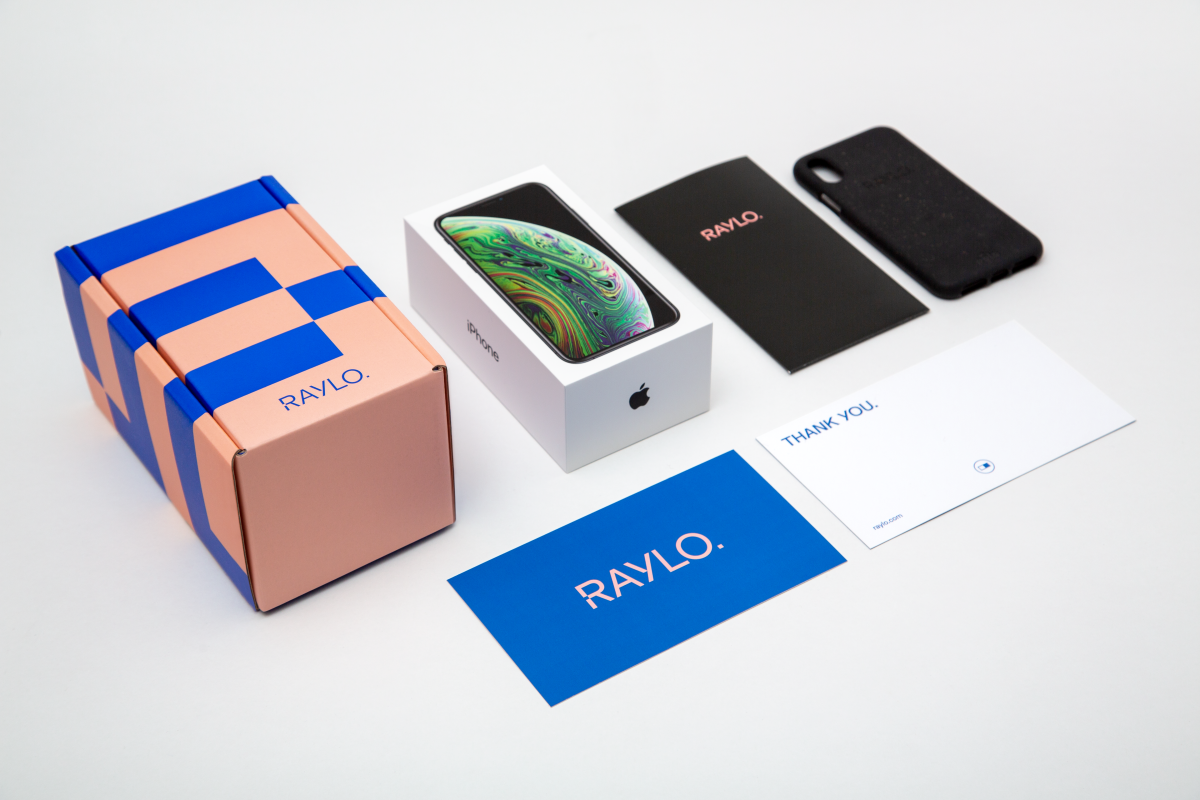Raylo raises funds to enhance its on-demand rental model and make it more circular

In a context where consumption tends to slow down, Raylo offers financing solutions based on the subscription economy. The company rents all types of electronic goods, but is looking to extend its model to other goods (such as electric bikes, for example) and to make it more responsible. It has just raised funds to become a certified B-corp and develop the circular aspect of its model.
FACTS
-
The company, based in London, currently operates in the UK. It allows you to rent a phone, a tablet or a laptop, for a subscription of varying lengths. The monthly payments vary according to the length of the rental period. At the end of the period, the customer has the choice of buying back the rented product, exchanging it for a more recent model or returning it at the end of the contract.
-
Raylo is currently focused on technology devices, but it plans to expand its range to other products such as electric bikes.
-
The start-up has just announced a new £110 million fundraising round in which Natwest participated. The funds will be used to work on enhancing its technology offering and also to review its model to emphasise its positioning within the circular economy.
-
Its technology includes a platform based on AI algorithms to assess the risk of each buyer/renter profile. Raylo has also developed a BtoBtoC solution, called "Raylo Pay". It allows its rental platform to be integrated into the offer of any third-party merchant, which can then offer its customers to buy a property in the form of a monthly subscription.
-
Raylo has seen its subscriber base grow by more than 100% in 2022 and the number of merchants equipped with Raylo Pay has increased 10-fold in the last 6 months.
CHALLENGES
-
A relevant model in the current economic climate: Raylo expects growth to be indexed to rising inflation, causing more consumers to reconsider their spending. Leasing is increasingly preferred to buying, and refurbished to new. In this context, this method of financing appears as an alternative to BNPL.
-
A shift towards a more responsible model: Since December, Raylo has been a certified B-corp, meaning that it operates with a view to having "a material positive impact on society and the environment through its operations". This certification has led Raylo to evolve its model to become more integrated into a circular economy model. For example, the company has implemented a recycling channel, enabling it to recondition all products returned to it at the end of a subscription. Customers can thus choose between a new or reconditioned device. This commitment also applies to its Raylo Pay solution, as it encourages its merchants to offer a refurbished option in addition to the new one and, in the same way, all returned items are refurbished and recycled by Raylo.
MARKET PERSPECTIVE
-
There are a number of other players in the circular economy landscape. This is the case, for example, of the German company Grover, which has become a rental giant. In France, a player like Lizee has positioned itself to help brands make the transition to the circular economy. Finally, the distributors themselves are working on this, by organising the recycling chain themselves, like Fnac Darty or Decathlon.
-
The subscription economy is doing well; according to Telecoming, there were nearly 50 million active subscriptions on the French market in 2021. This number is expected to grow by 15% in one year, reaching 84 million in 2025. Specialised players are therefore emerging in this niche, such as Papernest, Origame and Ideel, to concentrate all subscriptions in one place.
